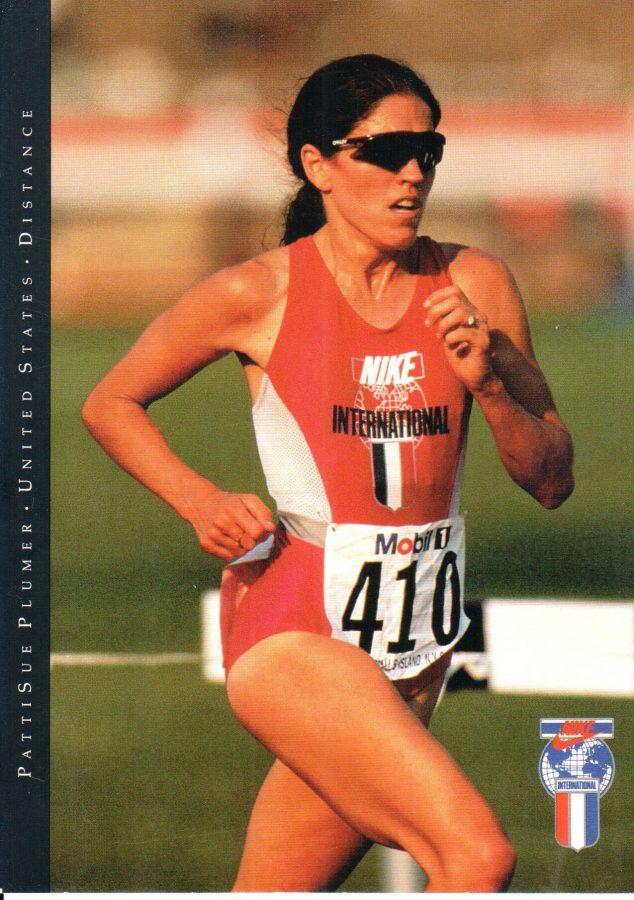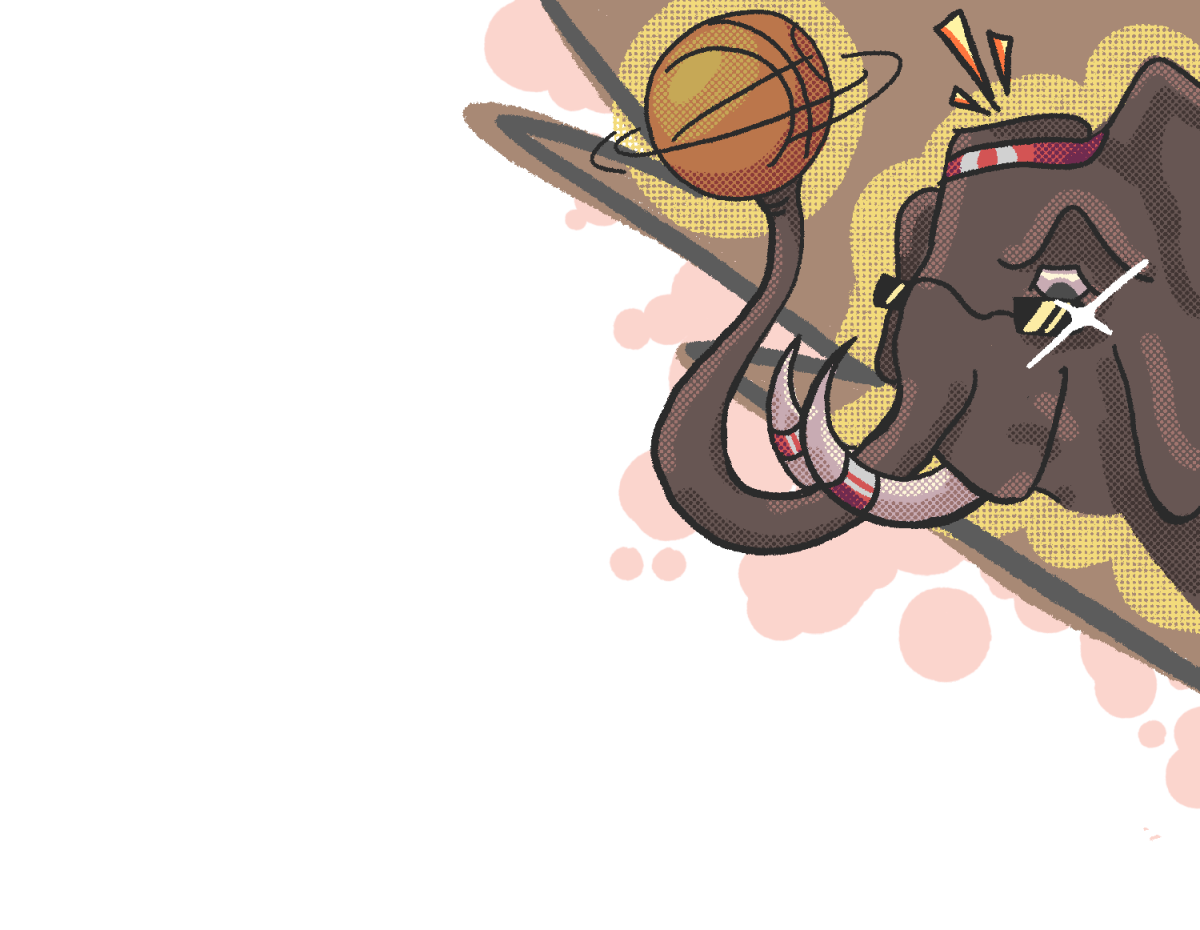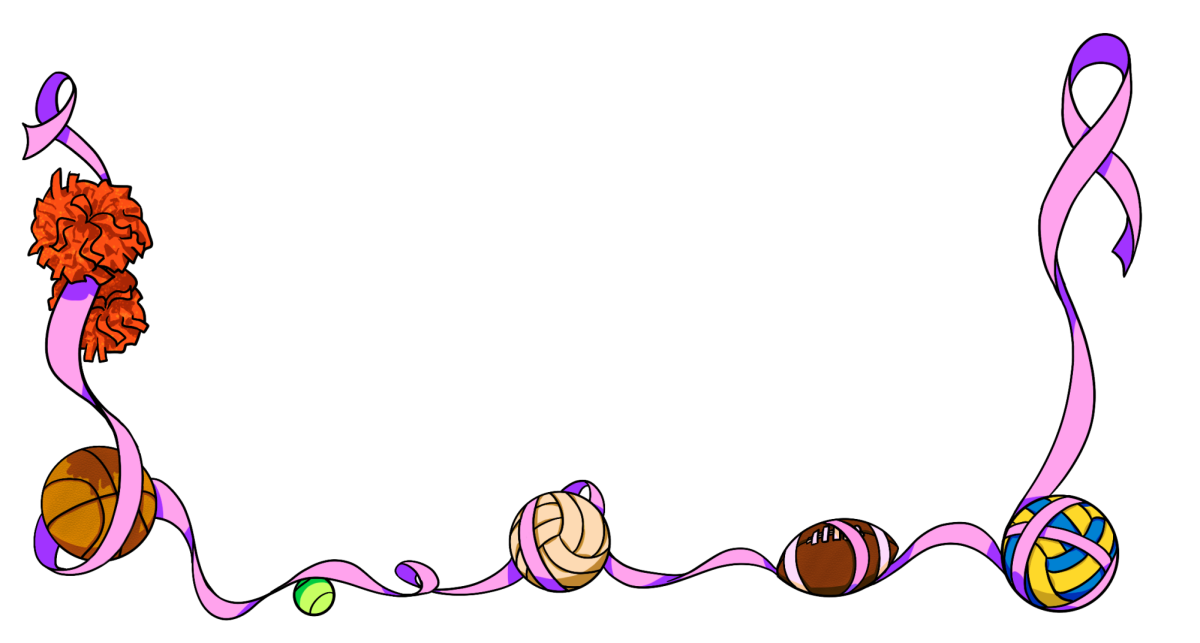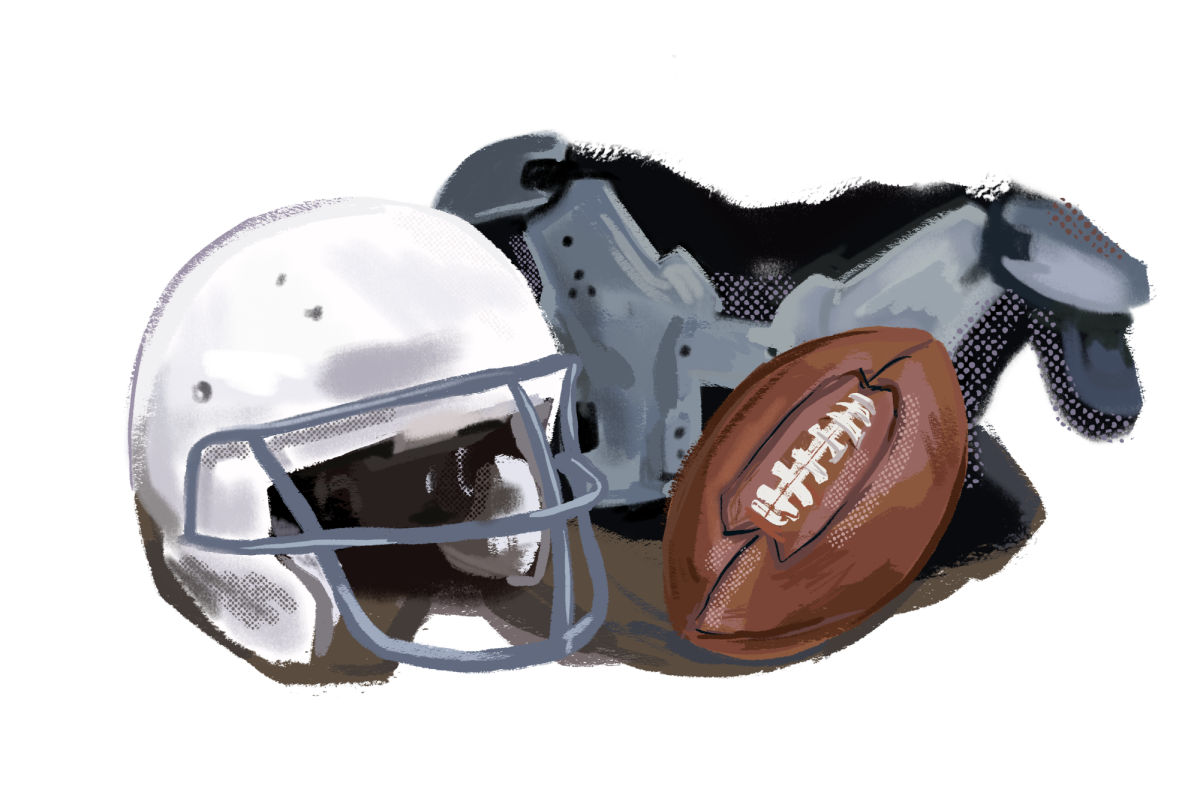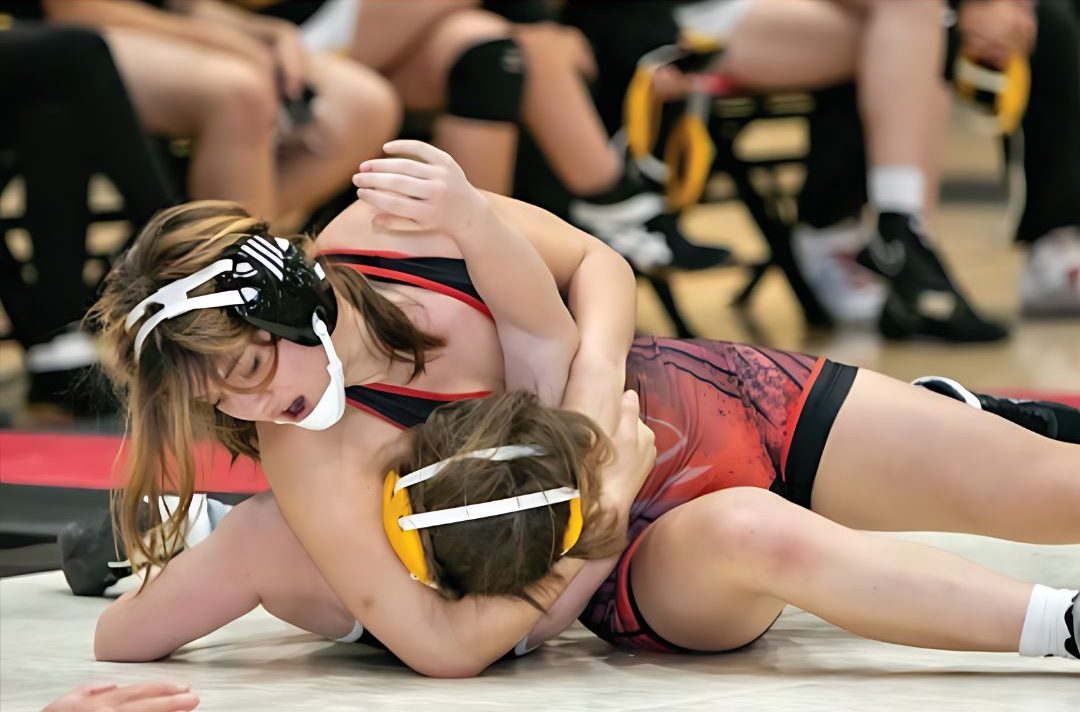Compiled by Maya Rapoport
The Oracle: What was it like training for the Olympics?
PattiSue Plumer: It’s hard work, but it’s easy when you have an important goal that you care a lot about. For me, training has always been easier when I’ve had a reason to train as opposed to training to just get fit or get better. I like having solid goals, and there’s really no better goal than the Olympic team.
TO: Can you tell me a story or anecdote from your experience in the Olympics?
PP: Athletes spend a lot of time in the training room and that’s where you meet some of the most interesting people. I thought it was really funny when Charles Barkley—who was part of U.S. basketball team, and is funnier in person than he is on TV—spent a lot of time in the training room at the same time as the women’s gymnastic team. Charles Barkley is so huge and the girls were so little and they’d be sitting next to each other getting treated, it was so hilarious to watch. It was hard to comprehend that both these body types were Olympians.
TO: How did your experience in the Olympics affect you?
PP: To have a dream your whole life and to work really hard and have it come true gives you a lot of confidence in other parts of your life. And competing at the Olympics was an incredibly memorable, truly international experience, that’s unlike anything else. The downside is that it takes up years and years of your life and requires significant sacrifice. I also never won an Olympic medal, and that was really hard for me. Not getting a gold when you work that hard is difficult.
TO: What inspired you to put in so much effort into running?
PP: Well, I like to win! It’s really a blessing to be really good at something and be passionate about it. I had a year of my life where I was the number one athlete in the world, and not many people can say that.
TO: What did you learn from your career?
PP: I spent a lot of time traveling around the world and had the opportunity to meet people that had dramatically different experiences than I did. I would spend weeks and weeks traveling with these individuals. One of my good friends was a woman from Kenya who at that time was the richest woman in Kenya by money she made from running. She was only 25, but people were criticizing her because she hadn’t gotten married or had children yet. I was friends with people from the old Soviet Union and Eastern Germany and it was crazy watching that part of the world change when communism fell and how that transformed them and their lives.
TO: What advice would you give to Gunn athletes hoping to compete in a sport in the future?
PP: If you work hard and show up every day and do your best, you’ll be successful. Those life skills are applicable for no matter what you’re doing. Really hard work and consistency pays off over time. Success is not linear and almost everybody deals with difficulties and disappointments. Setbacks are the norm, that’s just part of life.


